A new bulletin from The General addresses coverage of engine turbocharger replacement in certain units of the 2017 Chevy Sonic and 2018 Chevy Sonic subcompact sedan in the event the turbocharger fails, possibly resulting in several problems.
Affected Chevy Sonic units are equipped with the model’s uplevel engine choice, the turbocharged 1.4L I4 LUV gasoline engine developing138 horsepower at 4,900 rpm and 148 pound-feet of torque at 1,850 rpm. This problem does not affect vehicles motivated by the base naturally aspirated 1.8L inline-four Ecotec LUW gasoline engine.
If the turbocharger fails, the “Check Engine” light will switch on and the vehicle will generate a diagnostic trouble code. The engine may run roughly and power may be reduced, though these symptoms are not always present. GM instructs service personnel to check the GM Global Warranty Management system to see if the Chevy Sonic is marked “Open” on the Investigate Vehicle History screen before beginning replacement of the turbocharger.
As described by GM in Special Coverage bulletin N232395330, free replacement of the failed turbocharger is available to owners of 2017 and 2018 Chevy Sonic sedans who bring their vehicle in for repair during the special coverage period. This period lasts for 10 years or 120,000 miles from the date the vehicle was first put into operation.
Dealerships are instructed to replace failed turbochargers in 2017 and 2018 Chevy Sonic units free of charge from February 14th, 2024 onward. GM recommends that parts should only be ordered when a failed turbocharger needs to be replaced, rather than as shelf stock, due to the limited supply of the components. The turbocharger assembly must be replaced with a new unit to complete the fix.
If the sedan owner paid for the replacement out of their own money prior to February 14th, GM will reimburse reasonable expenses upon submitting a request.
The Applicable Warranties section of the affected Chevy Sonic’s Investigate Vehicle History will indicate the turbocharger replacement is under coverage. Repairs must be completed before the end of the special coverage period to qualify for the free replacement.
Subscribe to GM Authority for more Chevy Sonic news, Chevy news, and around-the-clock GM news coverage.

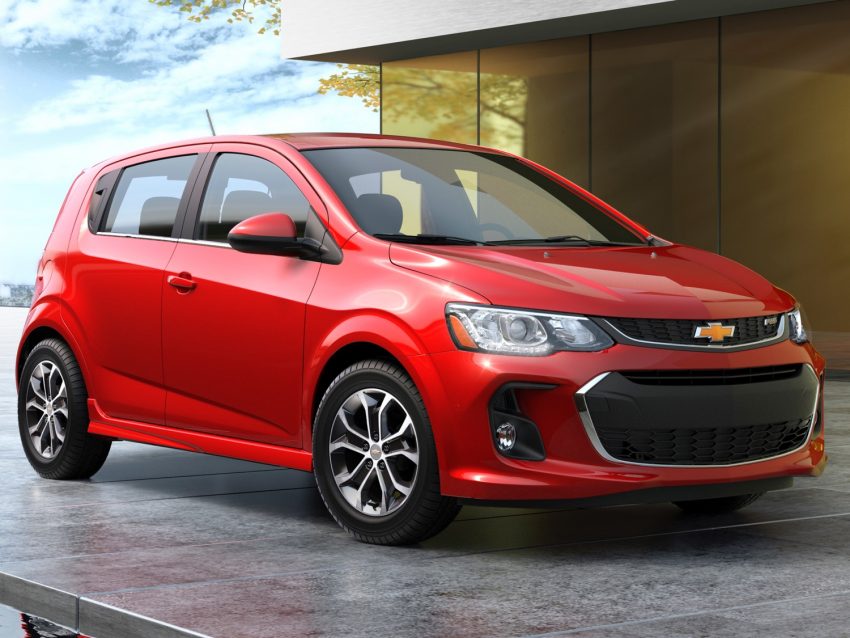
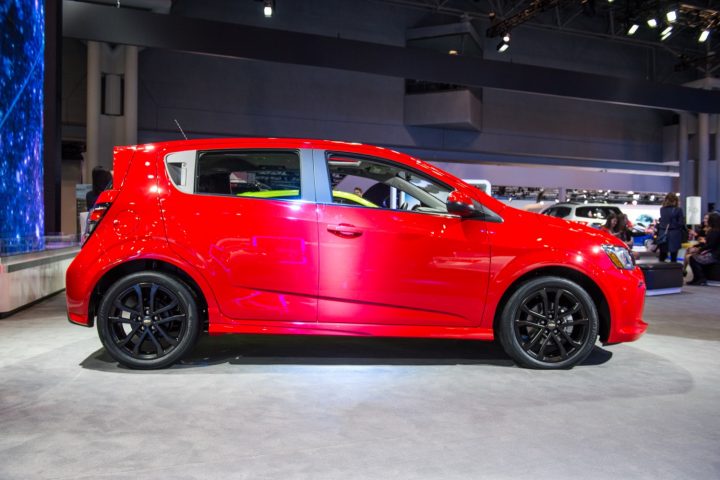
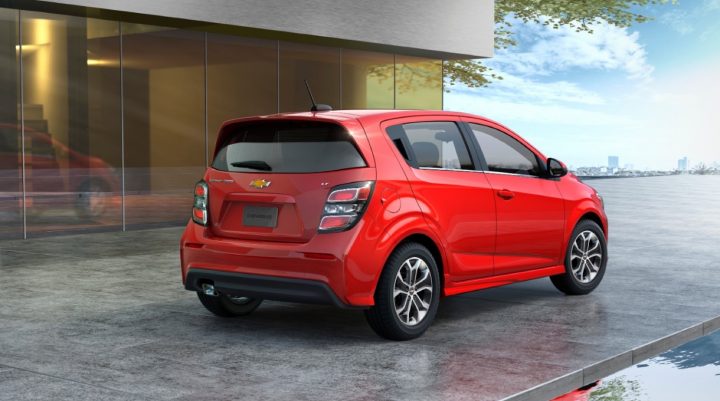
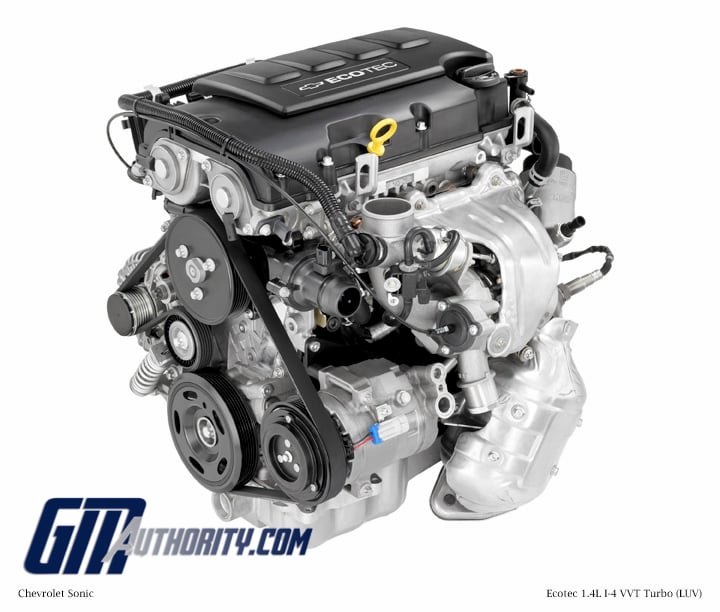

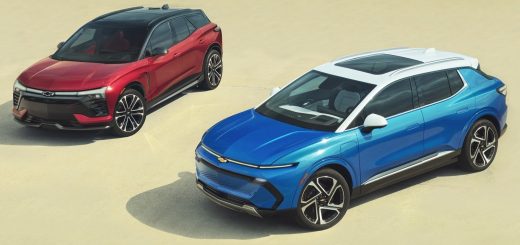
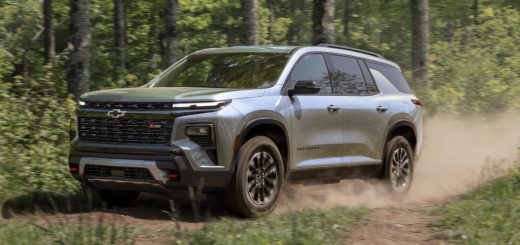

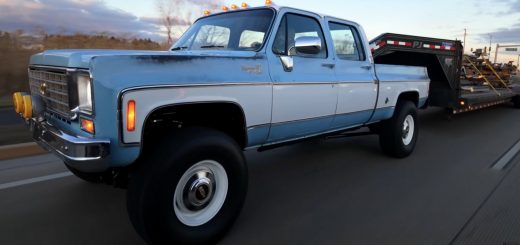
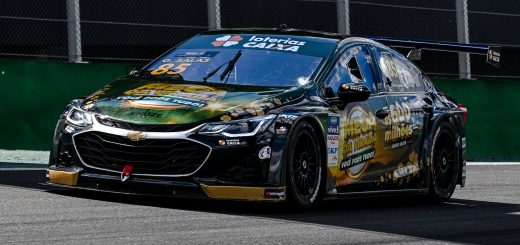
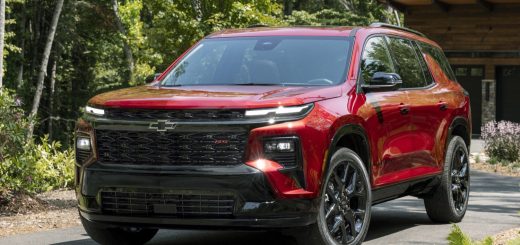





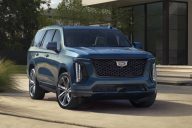
Comments
buy a turbo from zzp or bnr tuning
I’ve got a 2014 Sonic LTZ 1.4 Turbo with 34k (low miles) and have not had a problem, so far. My question would be to GM…so what has changed between the 2014/15/16 and the now problematic 2017 & 2018 Sonic’s with the Turbo 1.4 engines that has GM bringing those engines in for a new Turbocharger under warranty? Why are those turbochargers suspect to failure and the earlier models not suspect? Unless GM changed manufactures of their turbochargers in 2017 and 2018 why wouldn’t all of their turbochargers from “day one” (2012?) be having problems? Anyone got a clue why only these two years?
Turbos in 2019 and up still have problems..gm needs to get their $hit together
Still waiting for the Chevy trax turbo replacement
I’ll just keep paying with no fix in sight …thanks gm👍🏽 top notch vehicles
Have a 2013 Buick Encore and had turbo replaced in 2020. Same engine. Why is 2017 and 18 different. Clearly there has been an issue since the beginning.
“. . .due to the limited supply of the components”
Read: sucks to be you
The affected turbos probably had a design change (a.k.a. cost cutting) that made them fail. No turbo will last the life of the engine without an overhaul, at the minimum. The operating environment is just too severe. That, coupled with operator abuse will always result in a bad outcome.
The 1.8 could use a turbo replacement, too.
How to submit a request if it happened to me I already paid for it.
Contact the local dealership they have the information for reimbursement.
I have 2012 with the 1.8, 103k. Still no recalls or TSBs, all gaskets, water pump, alternator, AC, brakes and clutch are original. Only issue, a 5/16 o-ring caused a sneaky slow leak. There are two in the system, easy to change. I suggest you just avoid the turbos.
They need to do the same thing for the Equinox. I had a 2020, and it did the exact same thing except dealerships “could not diagnose the probelm”. After spending three thousand dollars out of pocket, ( with a bumper to bumper extended warranty that didn’t cover it), I was done. There are several people that are having these problems and Chevy knows about it and they won’t do a recall. Do better, Chevrolet.
Has anyone received help compensation from GM regarding their
2017 Chevy Sonic Turbo? My turbo failed gave no warning and
blew my engine. when filing for help/ reimbursement, I was told
that I no longer had the vehicle for them to check(which I took to the dealership)
they would not do anything. well, unfortunately, I had to purchase another car.
and that vehicle shaving issues which GM has not replied to my emails.
I emailed Mary Barra and the service manager at the dealership, but there was no response. If anyone has had luck please share